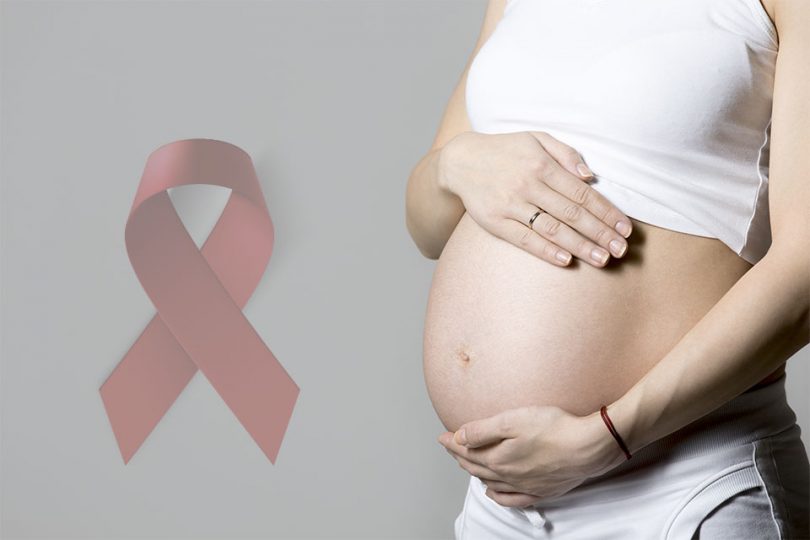It is not widely known that women living with HIV who are on antiretroviral treatment, and with an undetectable HIV viral load, can become pregnant and have children with no risk of HIV transmission to their sexual partners. The risk of transmission to infants is extremely low.
Researchers from the Canadian HIV Women’s Sexual and Reproductive Health Cohort Study (CHIWOS) – some of them with the BC Centre for Excellence in HIV/AIDS at St. Paul’s Hospital – knew there was poor understanding of contemporary pregnancy intentions of women living with HIV in Canada or whether intentions predict eventual pregnancy. A new research article on the topic was recently published, titled, “Patterns of changing pregnancy intentions among women living with HIV in Canada”.
Contraceptive use low
Data from the CHIWOS study has shown that, among women living with HIV of reproductive age in Canada, “60% have never discussed their reproductive goals with a healthcare provider since being diagnosed with HIV. Additionally, uptake of effective contraceptive methods among women living with HIV who report wanting to avoid pregnancy is low, and the range of contraceptive methods used is more narrow compared to HIV negative women, underscoring the need and opportunity to better understand and address the sexual and reproductive health needs of women living with HIV.”
The objectives of the recently published study were to measure and compare the pregnancy intentions of women living with HIV in Canada over time and to investigate the relationship between pregnancy intention within the study’s survey windows and subsequent pregnancies.
The study used longitudinal survey data from CHIWOS to measure and compare pregnancy intentions, which were categorized as either yes, no, or unsure. Intentions were measured at a baseline starting point, then at 18-month and 36-month follow-ups from 2013 to 2018 among women living with HIV of reproductive age.
Diverse pregnancy intentions that change over time
Researchers observed diverse and dynamic pregnancy intentions over the 36-month follow-up period, as more than one-quarter of women changed their pregnancy intention over 18-months, and 42% did so over 36 months.
These findings highlight that women living with HIV have a diverse range of pregnancy intentions that change over time. Dr. Angela Kaida is an Associate Professor at Simon Fraser University’s Faculty of Sciences and Canada Research Chair Tier II in Global Perspectives in HIV and Sexual and Reproductive Health. Dr. Kaida is a frequent collaborator with the BC-CfE and one of the study’s authors. She says the work “provides a crucial understanding of both the dynamic property of pregnancy intentions and the social contexts that influence the relationship between women’s intentions and their reality.”
The CHIWOS team has developed toolkits and clinical guidelines to support women living with HIV and their providers with pregnancy and parenting goals in the context of HIV.
This story originally ran here.





